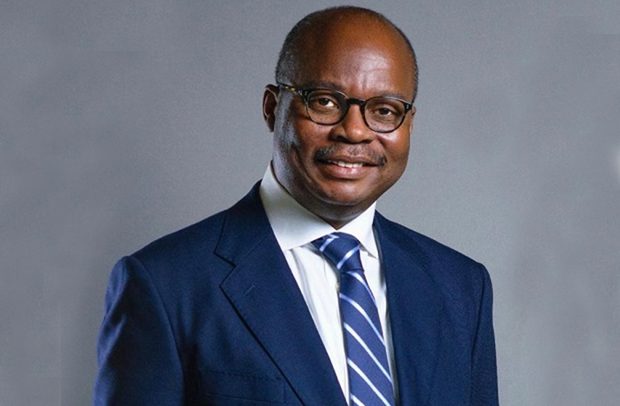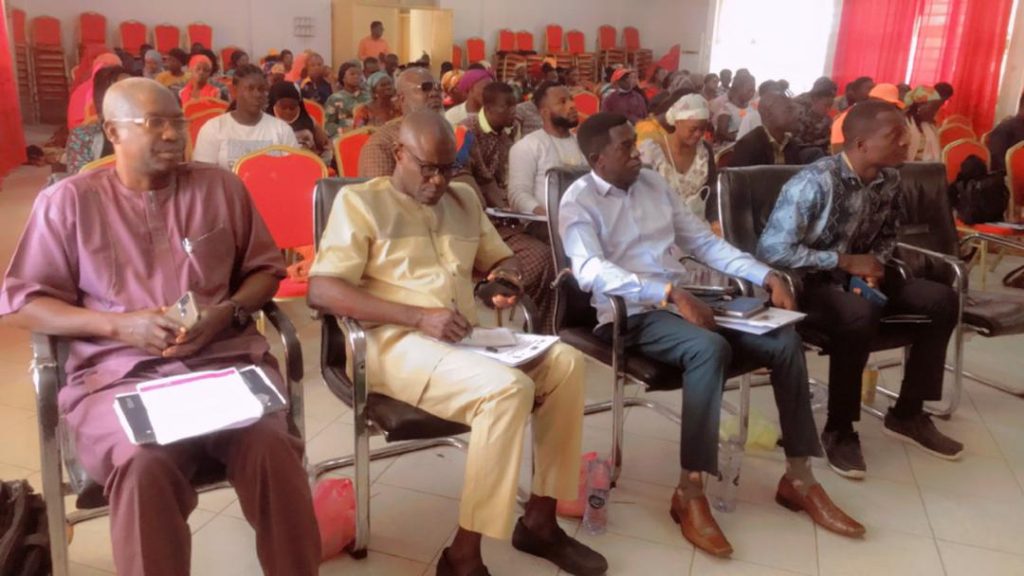
The Ghana National Chamber of Commerce and Industry (GNCCI) has urged the Monetary Policy Committee (MPC) of the Bank of Ghana to, at its next meeting, slash the monetary policy rate (MPR) by at least 200 basis points, so as to revive struggling businesses and foster economic growth.
In a statement issued before the MPC’s meeting, GNCCI’ President, Clement Osei-Amoako, acknowledged the need for previous rate hikes implemented to curb inflation fuelled by factors including oil prices and supply chain disruptions. However, he stressed the consequences of the current 30 percent policy rate on domestic businesses.
“Ghanaian businesses are facing a considerable increase in borrowing costs, largely stemming from the high monetary policy rate. The high interest on commercial loans averaging 32 percent in 2023 adds up to the already high utility tariffs and excessive taxes, making the cost of doing business in Ghana extremely high,” Mr. Osei-Amoako stated.
The rate is consistent with the 32.17 percent Ghana Reference Rate for January 2024.
He pointed to declining production, business closures, rising non-performing loans and even business relocations to other African countries as evidence of the harsh business climate.
The statement noted that the action would revive private sector growth, with the Chamber expressing optimism that a rate reduction would stimulate the private sector, a key driver of economic growth, which has seen its Gross Domestic Product (GDP) contribution decline from 6.1 percent in late 2021 to two percent by the third quarter of 2023.
The Ministry of Finance and the World Bank have already projected an end-2024 GDP growth rate of 2.8 percent.
In addition to incentivising banks to follow suit in reducing their rates and making borrowing more accessible for businesses seeking to expand, the Chamber argued that a 200 point reduction – 2 percent – would boost the regional competitiveness of local businesses.
With Ghana currently boasting one of the highest interest rates in Africa, a rate cut would be crucial in enhancing Ghanaian businesses’ competitiveness within the African Continental Free Trade Area (AfCFTA).
Inflation and MPC
While disinflation is expected to continue, albeit at a slower pace, analysts remain cautiously optimistic as they anticipate a relatively stable cedi, following inflows from the IMF and the World Bank, which should shore up the FX reserves and considerably improve FX liquidity conditions on the domestic market.
Furthermore, cost pressures from imports, including petroleum, are expected to moderate given the stable exchange rate, oil market outlook and easing inflation.
Nevertheless, inflation risks remain significant. The favourable base effects are expected to diminish by Q1 2024, leading to a notably decelerated pace of disinflation through April 2024. Additionally, there is the potential for election-induced expenditure overruns to contribute to inflation in 2024. If not effectively managed, these could reignite demand-driven price pressures.
Another looming threat to the short-term inflation outlook is the imposition of value added tax on domestic electricity consumption in 2024; its sustained implementation poses a risk to inflation trends.
This has led analysts at GCB Capital to project that headline inflation will drop in January and February 2024 before reversing course to around 24.6 percent in March due to base effects. However, they expect the disinflation trend to resume from April 24, all things being equal.
“While we argued initially that monetary policy could pivot from March 2024, amid the urgent need for stimulus for growth, the substantial risks to the inflation outlook could keep the monetary policy tighter for a bit longer. We expect the Monetary Policy Committee to defer its first interest rate action to the May 2024 policy window, particularly as inflation is expected to reverse course in the March 2024 data window. Accordingly, we see up to three interest rate cuts in 2024 to around 26 percent as the central bank balances the risks to inflation and growth,” GCB Capital stated in a note following the release of the December 2023 inflation numbers.
During a joint press conference with the International Monetary Fund (IMF) following the successful completion of the first review of Ghana’s US$3billion – a three-year Extended Credit Facility (ECF) arrangement by the Fund’s Executive Board, BoG Governor Dr. Ernest Addison said while the bank is committed to driving inflation down to the single digits, it did not mean the MPR would remain stagnant.
Without giving too much away, he said: “A tight monetary policy stance does not mean that the rate has to stay at 30 percent. At the last MPC press conference, we had said that the rate would be tighter for longer to ensure that inflation expectations are anchored to its single digit objections, but that does not mean that we would not see a downward trend. The MPC will be meeting soon and we will discuss where to direct the decisions on the policy rate and hope to provide some guidance on the market”.
The post GNCCI seeks 200-point rate slash to resuscitate businesses, spur growth appeared first on The Business & Financial Times.
Read Full Story
























Facebook
Twitter
Pinterest
Instagram
Google+
YouTube
LinkedIn
RSS